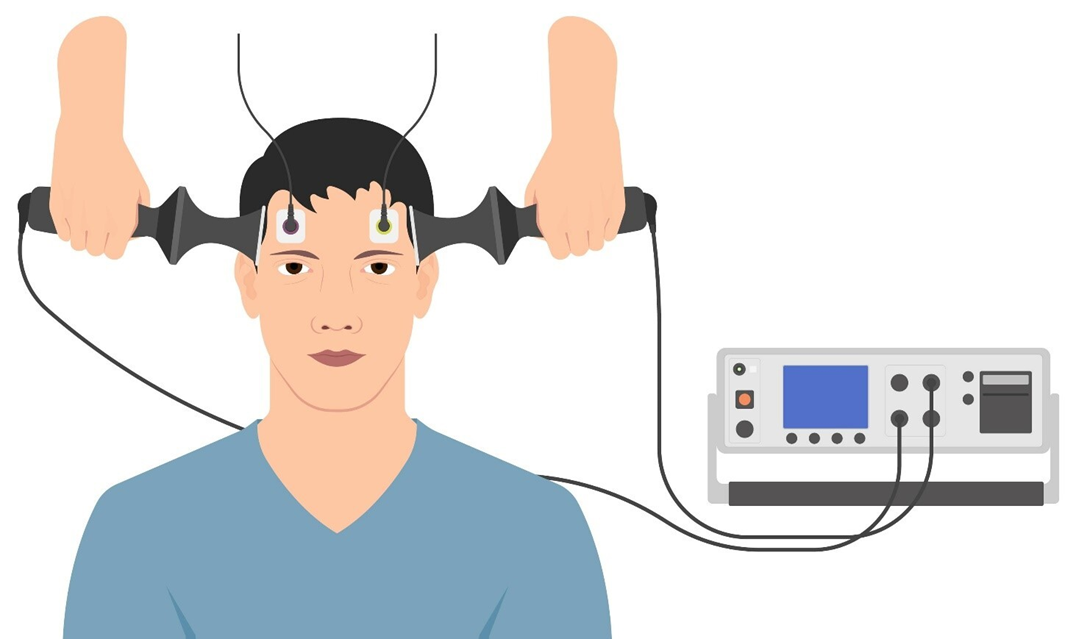A nurse is caring for a client who has been a victim of abuse since childhood. Which actions by the nurse are important to ensure that the client feels safe, secure, and in control of their own body? Select all that apply.
Have two nurses present at all times to perform all care and procedures.
Perform continuous assessment of the client's anxiety level.
Allow the client to perform all care independently and without assistance.
Ask for permission before performing any intervention that requires touch.
Have security present outside of the client's room to prevent anyone from coming in.
Correct Answer : B,D
Choice A reason: Having two nurses present at all times may not be necessary and could be overwhelming for the client, making them feel less in control.
Choice B reason: Continuous assessment of the client's anxiety level is important to ensure that the nurse can respond to the client's needs and maintain a sense of safety.
Choice C reason: While promoting independence is good, the client may need assistance, and providing it can be part of creating a safe environment.
Choice D reason: Asking for permission is crucial as it respects the client's autonomy and helps them feel in control of their body, which is essential for someone who has experienced abuse.
Choice E reason: Having security present outside the room may be excessive and could contribute to a feeling of being guarded or watched, which may not be conducive to feeling safe and secure.
Nursing Test Bank
Naxlex Comprehensive Predictor Exams
Related Questions
Correct Answer is B
Explanation
Choice A reason: Gastric lavage is typically not the first-line treatment for lithium toxicity due to the risk of aspiration and potential complications. It is usually reserved for cases where the ingestion was recent and massive.
Choice B reason: When a client presents with an extremely elevated lithium level, it is crucial to hold further doses to prevent exacerbation of toxicity. The nurse should monitor for early signs of toxicity, which include gastrointestinal symptoms like nausea, vomiting, diarrhea, and neurological symptoms such as tremors, confusion, and ataxia. The normal therapeutic range for lithium is 0.6 to 1.2 mmol/L, and levels above 1.5 mmol/L are considered toxic.
Choice C reason: While it is important to review the medication record, the immediate concern with an extremely elevated lithium level is addressing the toxicity. Checking the medication record can be part of the assessment process but is not the priority action.
Choice D reason: Administering the morning dose of lithium could worsen the client's condition by increasing the lithium level further, which is already extremely elevated. This could lead to severe toxicity or even fatal consequences.
Correct Answer is ["A","B","D"]
Explanation
Choice A reason: A cardiac monitor is essential during ECT to monitor the heart's electrical activity, as the procedure can affect heart rate and rhythm.
Choice B reason: A blood pressure monitor is necessary to track the client's blood pressure throughout the procedure, as ECT can cause fluctuations in blood pressure.
Choice C reason: A portable x-ray machine is not typically required in the setup for ECT.
Choice D reason: An EEG monitor is used during ECT to record the electrical activity of the brain, which is crucial for assessing the seizure activity induced by the treatment.

Choice E reason: An ophthalmoscope is not used during ECT; it is an instrument for examining the interior structures of the eye.
Whether you are a student looking to ace your exams or a practicing nurse seeking to enhance your expertise , our nursing education contents will empower you with the confidence and competence to make a difference in the lives of patients and become a respected leader in the healthcare field.
Visit Naxlex, invest in your future and unlock endless possibilities with our unparalleled nursing education contents today
Report Wrong Answer on the Current Question
Do you disagree with the answer? If yes, what is your expected answer? Explain.
Kindly be descriptive with the issue you are facing.
